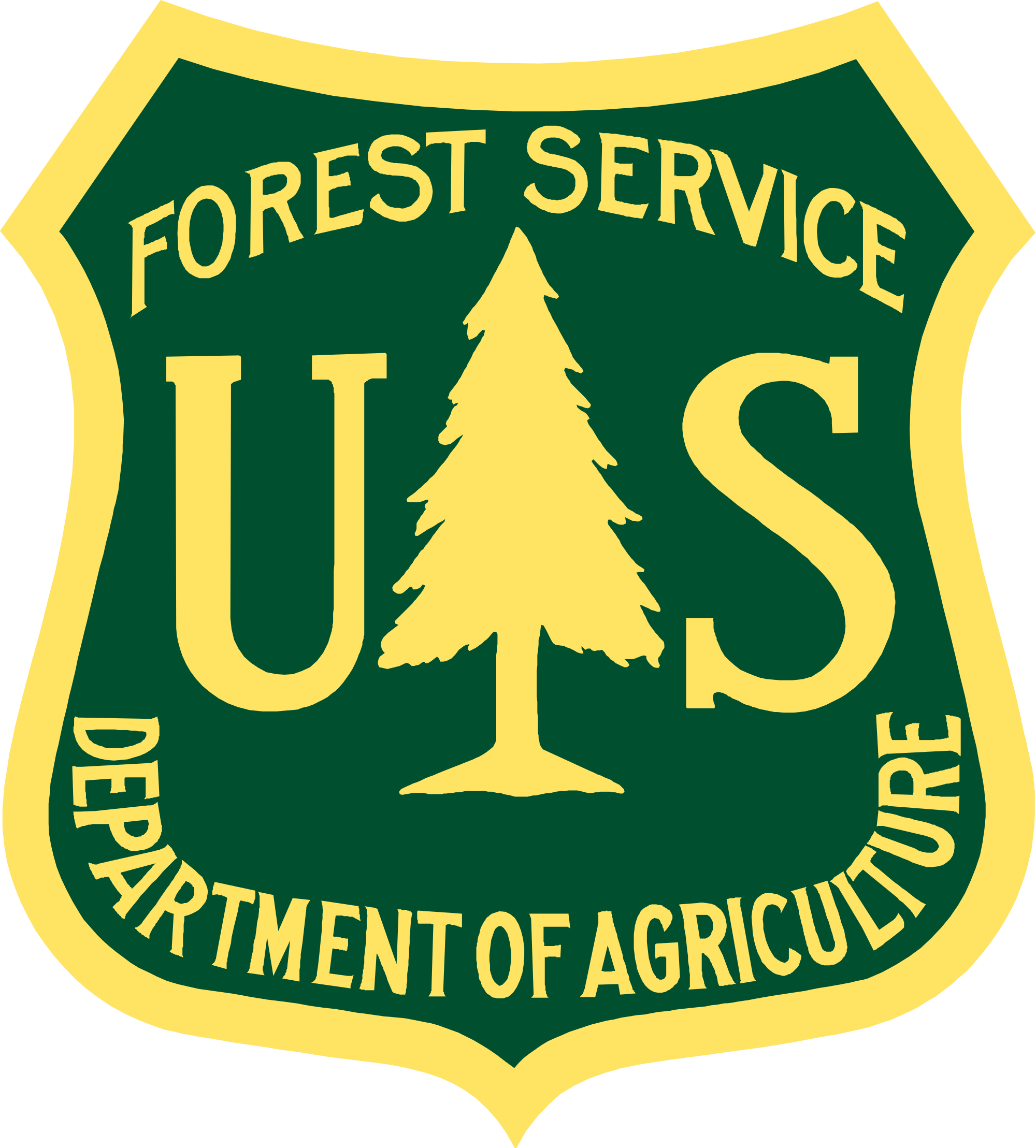Planning Commission pursues cannabis land-use regs
On Wednesday, June 20, the Riverside County Planning Commission reviewed the proposed land-use ordinance for regulation of cannabis activities in Riverside County. After hearing testimony from dozens of citizens, the commission unanimously agreed to have its staff address several questions that were posed, such as permitting some activities in the R-A, R-R and W-2 zones.
The revised ordinance will come back to the Planning Commission at its July 18 session.
The majority of public comments were supportive of the ordinance’s intent to permit multiple cannabis activities in the unincorporated areas of the county while maintaining public safety and health.
The proposed Ordinance 348 would establish allowable uses with certain county land-use zones and prohibit certain uses.
Prohibited throughout the unincorporated areas will be outdoor cultivation of mature cannabis. Several different indoor cultivation uses will be permitted, including personal cultivation of six or fewer plants.
The ordinance also prohibits mobile cannabis retailers. Charissa Leach, assistant director for Community Development of the county’s Transportation and Land Management Agency, explained that cannabis retailers with a physical store may deliver the product, but retailers may not sell from a vehicle. Examples of a mobile retailer were a food truck or ice-cream truck.
County planning staff has reviewed the regulations and procedures in other California jurisdictions and visited Denver, Colorado and Oregon, where cannabis is legal.
Uses that will be permitted and, therefore, regulated, include indoor cultivation, wholesale nurseries (excluding mature cannabis plants), retail stores, distribution, testing facilities, manufacturing facilities and micro-businesses.
Most activities will be limited to commercial, industrial or mixed zones. Nurseries will be restricted to agricultural zones as will mixed light cultivation. All activities must be at least 600 feet from child day-care centers, K-12 schools, public parks and youth centers. Retailers must be at least 1,000 feet apart, according to the ordinance.
Adoption of the ordinance does not require compliance with the California Environmental Quality Act, but each permit the county may issue will require an assessment pursuant to CEQA, according to Leach.
Individuals applying for a county permit must be 21 years old and a background check will be done. The county will not investigate employees when reviewing a permit application. Operators must also obtain the appropriate state license.
The county plans to impose requirements, such as security, setbacks from lot lines and others, specific and more detailed for each cannabis activity. Consequently, each operator will have a specific conditional-use permit for the site of operations.
Also, each permit applicant will negotiate a development agreement with the county that the Board of Supervisors will review and approve.
If the supervisors approve the ordinance, Leach told the commission that in the first year, staff expects to issue 19 retail or dispensary permits and about 50 cultivation permits. She emphasized those are not limits, but what she expects the county staff to be capable of reviewing in the first year only. Over time, the number of permits will grow, according to Leach.
After ordinance approval and in the first year, the county plan is to issue a request for proposals to operators interested in a county permit. The staff will review and grade the responses as part of the initial permitting process.
Temporary events must be on county property and are the only time consumption will be permitted on the site.
The overwhelming majority of the public comments supported adoption of the ordinance. The most common recommendation, especially from Anza residents, was to allow some cultivation on R-R, R-A, and W-2 zones.
This was one of the areas the commission asked Leach to review and offer recommendations at the next meeting.
Several speakers said cannabis cultivation was already occurring in these zones, which include much of the Anza Valley; therefore, the county should permit and collect some revenue.
One Anza resident argued that her 20-acre parcel, zoned R-R, was large enough to apply any setback requirement to protect neighbors from the odors; but she felt she was already surrounded by growers.
Another argued that the R-A zone is for agricultural activity and growing cannabis is consistent with that condition.
However, several Aguanga residents argued the opposite. They were glad that cultivation and other activities would be prohibited in their rural neighborhoods. The condition of their roads was a primary reason for restricting any commercial activity in their area.
Stepping forward from Idyllwild were Stuart Eberhardt, Alicia Berry and Dave Brown, and Morgan Knight of Pine Cove.
All expressed their gratitude to the county staff for developing the draft ordinance.
“Not all the people in the weed business are bad,” Berry said. “We’ve gotten into our community and found out what is really needed in Idyllwild and Anza Valley.
“We’re very concerned about security, seniors and meals on wheels in Idyllwild,” she said, and then described her effort to help re-open the Idyllwild School snack bar [at the athletic field]. Proceeds will be earmarked for the school, she said. For Anza, she commented on the need for a youth center.
In finishing, she stated, “We want to be legit — 100 percent. We want to be completely legal, and you can generalize about weed people.”
Brown recommended that activities in the R-A and R-R zones should be examined on an individual basis because each is unique.
Knight expressed interest in permitting a non-store front retailer in his neighborhood, which is zone R-3A (mixed use). He argued that businesses such as antique and beauty shops or bookstores would be permitted. A non-store front retailer is only delivering a purchased product and he hoped, “R-3A would be considered for non-store front retail.”
Some of the commissioners understood why speakers advocated greater flexibility in the R-R and R-A zones.
“I’m on the fence with R-R and R-A,” said Commission Chair Ruthanne Taylor-Berger. “If you have 20 acres, maybe limit the lot size. I understand why someone wouldn’t want it right next to them. But we might consider large lots in rural areas.”
The commission unanimously requested the staff to review several issues, including how cannabis activities could be permitted but limited in the R-R, R-A and W-2 zones. The revised draft ordinance will be reviewed at the commission’s July 18 meeting.






